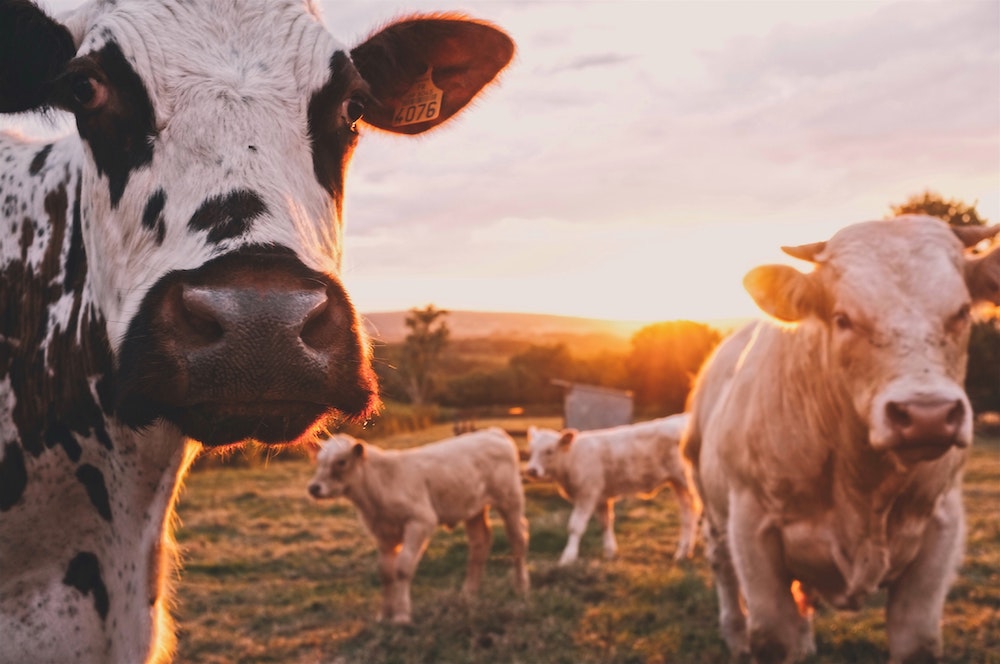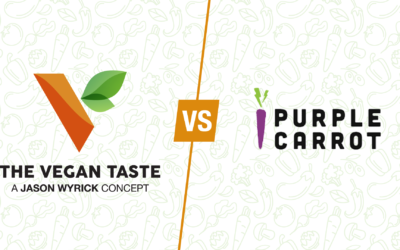If you are—or considering becoming—vegan, it probably isn’t a decision you’ve taken on lightly. For many plant-based eaters, several factors go into play before making that switch. It could center around your personal health, animal welfare, or the environment. You’ve likely done your homework. Or perhaps you’re doing it now. One of the aspects you may want to consider is the correlation between climate change and veganism. When it comes to the effects of mass farming and bringing animal products to market, changing your diet could have some long-term positive results.
The Basic Issue: “Diets rich in meat and dairy products are unsustainable.”
A United Nations report published in 2010 warned that if the world doesn’t transition away from an animal-based diet, the future will be in jeopardy. With global population expected to surge to 9.1 billion people by 2050, the prediction from the UN is that “diets rich in meat and dairy products are unsustainable.”
That’s because mass producing animal products causes an extraordinary amount of damage to the environment, nearly as much as burning fossil fuels and more than unearthing construction minerals. Just skipping animal products one day a week—as a global community—can make a huge difference.
The challenge is that, as economic wealth increases, so does animal product consumption, according to environmental scientist Ernst von Weizsaecker. And that’s not just opinion. The UN reports that the environmental impacts of mass farming increase 80% as income doubles.
Even more troubling numbers abound. Meat and dairy agriculture account for 70% of global freshwater consumption, 38% of total land use, and 19% of the world’s greenhouse gas emissions. Unfortunately, we are what we eat, and we’re not eating well for the earth.
Going Green Is No Longer Enough
For those people who are concerned about the future of our environment, going green isn’t sufficient to make a dent. There’s a lot of talk about shifting away from fossil fuels and embracing solar power, especially in the desert, but the truth is that there is a bigger connection between climate change and veganism. It is energy intensive to raise, kill, process, and transport farmed animals. Add to that fact that forests are cut down to supply more pasture areas and it’s a vicious cycle with no end.
Greenhouse gases such as methane, carbon dioxide, and nitrous oxide are part and parcel of raising animals for food—and these are responsible for the vast majority of climate change.
- On average, nearly 11 times as much fossil fuel is needed to produce a calorie of animal protein vs a calorie of grain protein, and that means more carbon dioxide is released into the environment.
- Animal agriculture is the largest source of methane around the globe, and the EPA has stated that methane traps 25 times more heat in our environment than does carbon dioxide.
- Nitrous oxide may be the most dangerous culprit of the greenhouse gases, nearly 300 times as potent at carbon dioxide. And the UN has said the production of meat, eggs, and dairy is responsible for 65% of global nitrous oxide emissions.
Climate Change and Veganism: Your Choices Matter
If you’re still wondering how climate change and veganism are related, it comes down to simple figures. Not only does mass farming—specifically of animals and animal products—substantially increase greenhouse gasses in our environment, but eating those products has an effect as well.
Researchers have found that people who eat more than one serving of meat a day generate 15.8 pounds of carbon dioxide daily. Vegetarians generate 8.4 pounds, and vegans only create 6.4 pounds of carbon dioxide daily.
That means it’s not only the mass farming that’s causing the issue. It’s how we’re eating.
The time has come for a change. And it can happen one person at a time. It can happen with you. You can be the catalyst by telling others about the correlation between climate change and veganism. By sharing delicious food with others, you can make a huge difference for them and for the planet.
Vegan Taste can help you make the transition—and bring your loved ones along. See what Chef Jason is cooking this week and get on the bandwagon to a plant-based diet!




